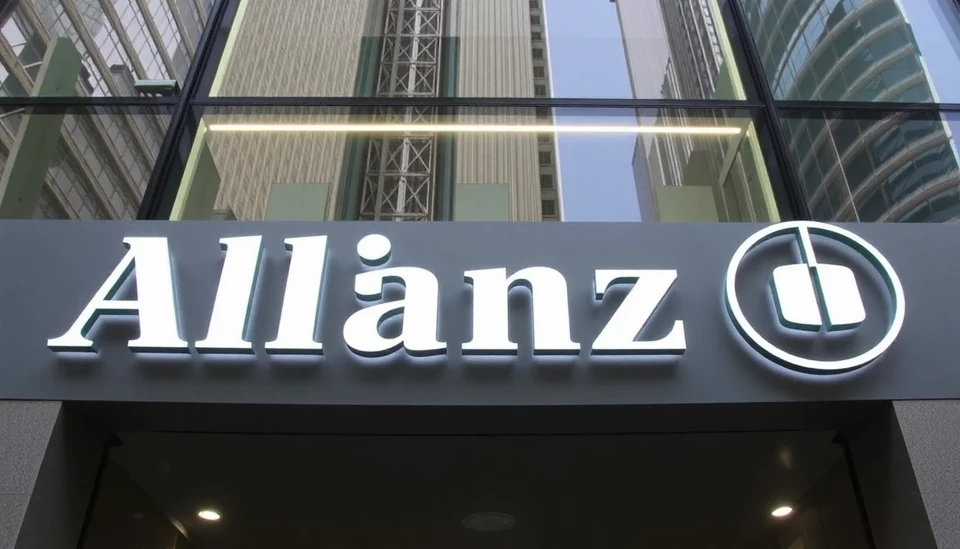
The departure of ANZ Banking Group's Chief Executive Officer, Shayne Elliott, has sparked a heated debate over the appropriateness of his severance package. As Elliott prepares to step down following a series of damaging scandals, calls have intensified for a substantial reduction in his bonus and compensation, reflecting the unrest among stakeholders and the public.
ANZ, one of Australia's major banks, has been embroiled in multiple controversies that have tarnished its reputation and raised questions about executive accountability. Key issues have included allegations of compliance failures and ethical lapses that have not only affected the bank’s standing but have also undermined public trust in the institution.
The criticism comes as Elliott's tenure is set against a backdrop of the bank's efforts to navigate regulatory changes and restore its brand image. In particular, critics assert that the financial rewards for Elliott’s leadership during turbulent times do not align with the bank's recent performance and public sentiment. This indicates a growing demand for transparency and accountability at the executive level.
Some shareholders have publicly expressed dissatisfaction with the proposed payout alongside concerns that such a financial windfall does not correspond to the challenges faced by the bank. The situation is further complicated by expectations for ANZ to adopt a more prudent approach to executive compensation in light of recent setbacks. This trend highlights a broader movement within the banking sector aiming to reassess pay structures, especially for leaders during times of crisis.
The bank’s board is reportedly under pressure to reconsider its stance on Elliott's remuneration packages, with online discussions and shareholder forums revealing a consensus that significant cuts to his pay would be an appropriate response to restore confidence in the leadership and governance of ANZ.
While Elliott has stated his commitment to ensuring a smooth transition following his departure, the scrutiny over his payouts continues to dominate discussions. Observers hope that a re-evaluation of executive compensation could set a critical precedent for other financial institutions in Australia and beyond, encouraging a more responsible approach to leadership incentives in the face of corporate challenges.
As ANZ prepares for its new leadership era, the question of accountability remains at the forefront of stakeholder concerns, as many call for a culture shift that prioritizes ethical governance and transparency within the banking sector.
In conclusion, the fate of Shayne Elliott’s compensation package remains unresolved, with the mounting pressure from stakeholders likely to influence the final decision. The situation illustrates broader shifts in the banking landscape regarding executive accountability and the critical need for organizations to align compensation with ethical practices.
#ANZ #ShayneElliott #BankingScandals #ExecutiveCompensation #CorporateGovernance #Australia #Finance
Author: Victoria Adams




